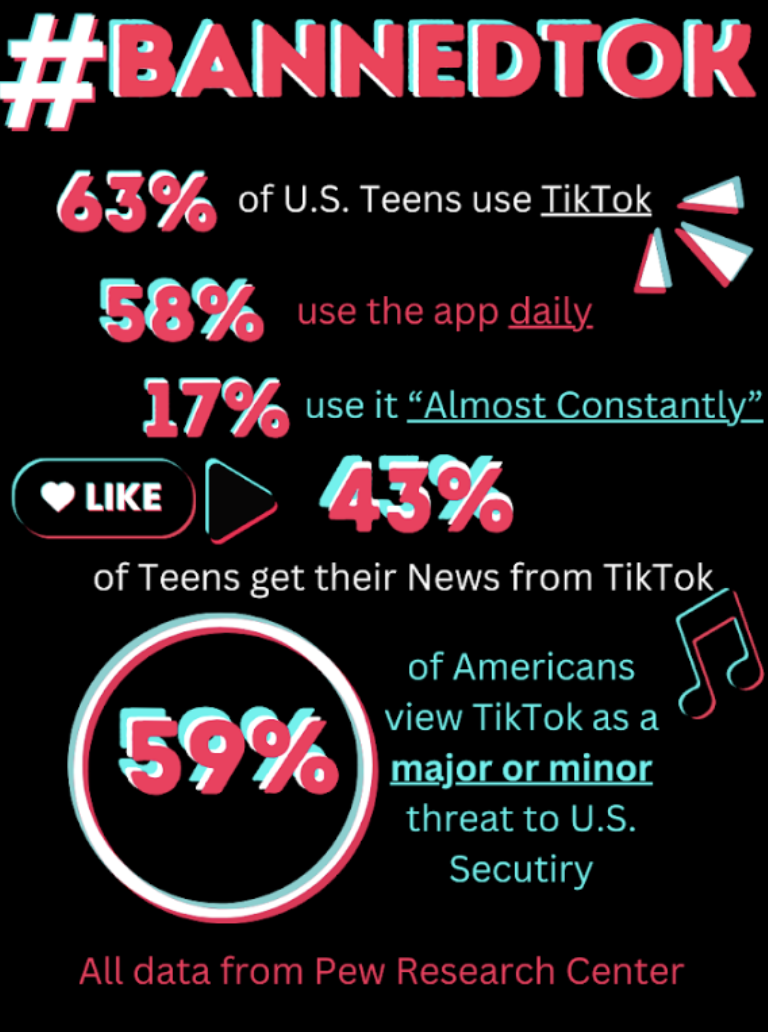By Alex Spadacenta ’17 & Margot Mather ’17
The United States is an experiment.
No, not lab rats on the third floor, but a democratic experiment brought forth by the founding fathers in 1776.
But, this democratic experiment “only works if people become politically engaged,” according to AP Government teacher Eric Mongirdas.
“I define political activism as taking an interest in the political structure as in you look at the origins of the founding fathers and democracy […] so that they can become productive members of this democratic society,” Mongirdas said.
However, what qualifies as being politically engaged is something students and the Westport political community alike have struggled to agree on.
Westport is a very liberal environment according to Nick Rossi ’19. Rossi feels the student body needs to go outside the box to express their opinions. “One of the main reason’s I’m politcally active is because I want to be different from a lot of people […] and I want to show […] that there [are] multiple opinions on certain topics.”
Paige O’Brien ’18, a republican, explained, “I have found [republicans] to be a real minority in Staples and amongst this generation. So for me political activism is spreading my beliefs and accepting others,” she said. “Through facebook and through young republicans I’ve been able to spread my beliefs and try to influence this generation to see an issue both sides.”
On the other hand, Eli Debenham ’17, Westport Democratic Committee participant, has a different definition of political activism.
“If you have a feeling on an issue you go out and fight it […] you don’t just accept it and hope that somebody else will change it.”
Teenagers often fight these issues in the jungle that is the world of social media, on Facebook feeds, Instagram, Snapchat stories and tweets.
Many students will recall a Facebook post from James Allott ’17 late last year. Allott shared an article pertaining to gun control, and the post quickly gained over 600 comments, catching the attention of many students who then went on to write lengthy articles with heated rhetoric.
“That was wild,” Nicole Kiker ’17 said with a smile. As more and more comments rolled in, Kiker noticed that students who had never been involved in politics, were suddenly debating on this post.
However, Kiker warned that social media becomes a source for students to stand up for their beliefs simply when it is easy, and may not mean something to the person dispersing such information.
“At Staples I feel like there’s almost becoming a certain image that people try to have of being this cool activist, not mainstream,” Kiker said. She claims that doing so reflects badly on activists.
Students have been more active than just over the ‘easy’ cop-out of taking their stance on social media.
Politically active student George Kane ’17 runs a phone bank for presidential nominee Hillary Clinton Tuesday nights at the Westport Democratic Town Committee Headquarters. “The goal of being politically active is promoting what you believe in which is starting a conversation,” Kane said, yet he struggled to label the Facebook post political activism, for he believed “it fueled a lot of anger and confusion.”
“I would not consider myself a political activist because I don’t really actively try to spread my ideologies as much as some people,” Allott said.
However, asserting one’s opinion in a public place, especially on large platforms such as Instagram and Facebook, is no easy undertaking, according to local legislator and member of the Westport Democrats, Melissa Kane, George Kane’s mother.
“It’s a really important place to not be complacent– to challenge people,” Melissa Kane said. “It is kind of a statement to put yourself out there and how you feel about issues that are important to you.”
But in the age where social media is where teenagers receive much of their news, biased news sources can be a very influential factor in elections, according to Melissa Kane. They also create fear, which is what George Kane believes is fueling the election, along with students and communities to get politically active.
“It’s almost like an interesting study in psychology because you see what do people want to share and what do people want to believe,” Debenham said. “I think [social media has] weighed pretty heavily on this election and we will see through November 8 things being pretty heavily influenced by [it].”
“Ninety percent of people who walk into the phone bank are scared[ of the outcome of the election]” George Kane said. “They are coming in because they feel like they have to.They have like a moral ethical duty to do that because they are so scared of the possibility of having Trump as President.”
This ethical duty has affected a number of Staples students wanting to create an impact on this election, or in politics in general. But this group of outspoken students is not to be underestimated.
“I actually do think people have changed the way that they view political activism because [this election] has been breaking the boundaries of past elections,” Kylie Adler ’19 explained.
“Anybody can create great change,” Melissa Kane said. “One person can make a huge difference.”
Max Kaplan ’17, president of the Young Democrats club and an intern in Jim Himes’ district office, has seen this fear affect many people as well. “This year primarily is pushing a lot of people to get involved; the presidential race is a big motivator for people,” he said. “We have found that of people in general who want to volunteer with the DTC.”
Melissa Kane agrees with this fear. “This year, I think people feel that there’s more at stake.”











































